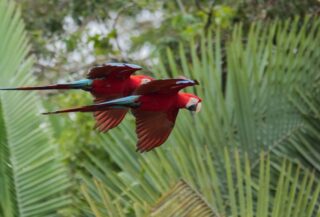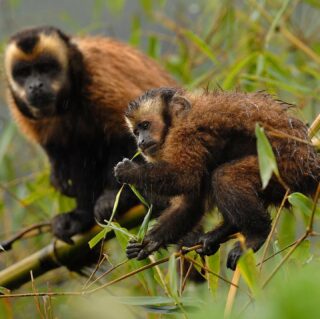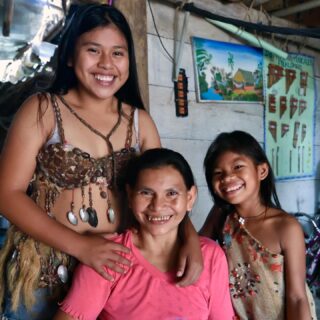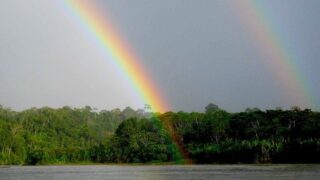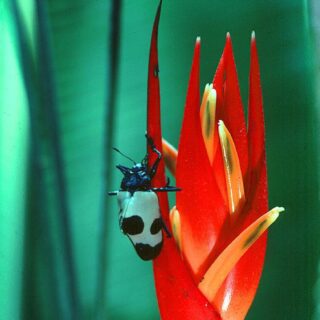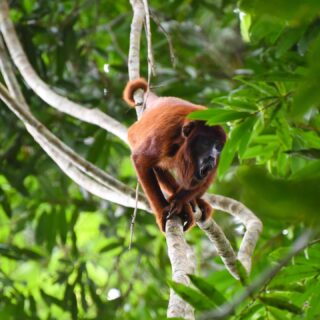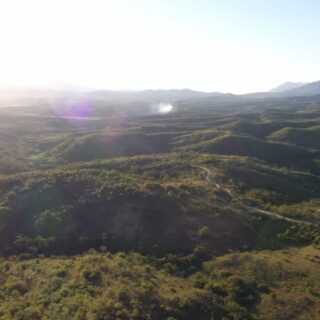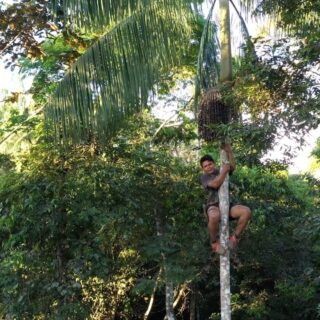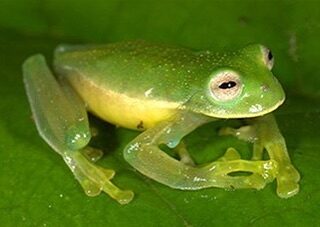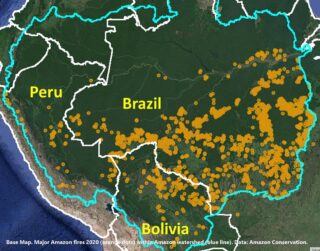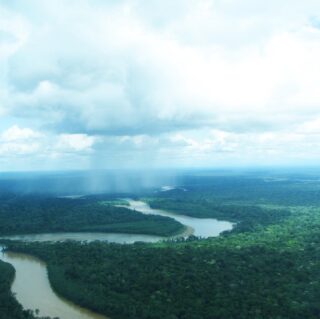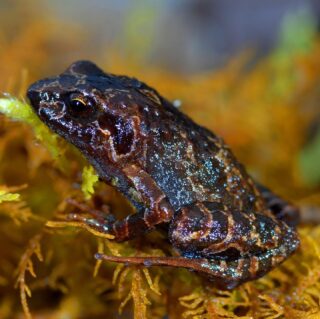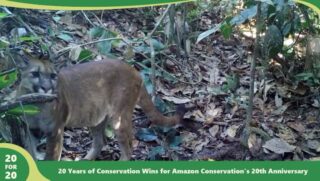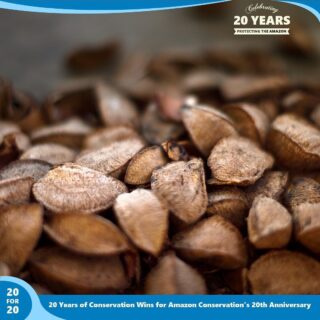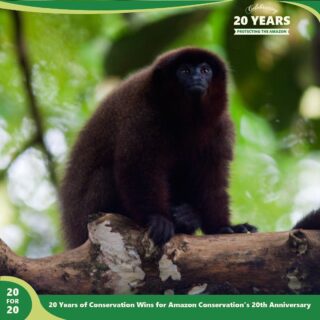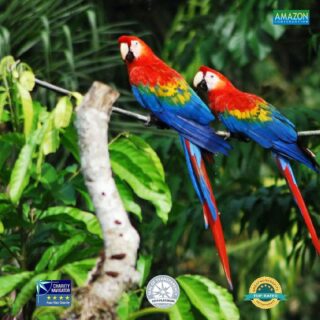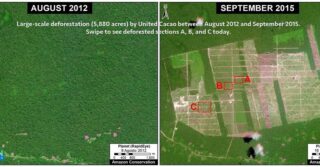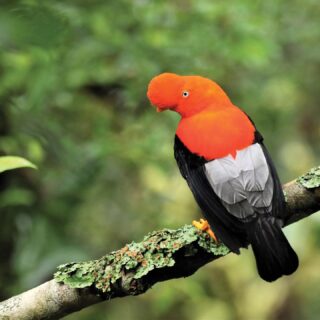
Amazon Conservation is proud to join the Nature Crime Alliance and several leading conservation NGOs in the Vancouver Statement on Nature Crime, as a sign of our commitment to combatting environmental crimes.
This statement reads as follows:
“Today, we are joining together to form the Nature Crime Alliance – a new, multi-sector approach to fighting criminal forms of logging, mining, wildlife trade, land conversion, crimes associated with fishing, and the illegal activities with which they converge.
Nature crime constitutes one of the largest illicit economies in the world, inflicting devastation and destruction upon people and the planet. We recognize that these crimes cannot be eradicated without multi-sector cooperation and that there is a pressing need for greater coordination and collaboration among the diverse actors fighting nature crime. A new approach is needed.
We have formed the Alliance in recognition of this need, with members including representatives from governments, law enforcement, international organizations, civil society organizations, front-line defenders including Indigenous Peoples and local communities, donors, and the private sector.
We will work together, through the Alliance, to raise political will, mobilize financial commitment, and strengthen operational capacity to fight nature crime. Through a range of initiatives – from solutions-focused working groups convening representatives across different sectors to structured communications channels that enable open dialogue and the sharing of best practices – the Alliance is building a new, international, collaborative response to nature crime.
This is the first time that such a multi-sector approach to this global challenge has been developed on this scale, with the Alliance marking a key moment in the fight against nature crime. We encourage governments and organizations that share our determination to end environmental injustice and protect people and the planet to join us in the Nature Crime Alliance.”
To read more about the Nature Crime Alliance, click here.
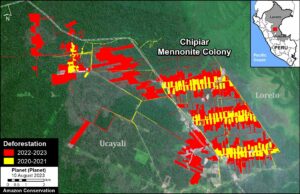

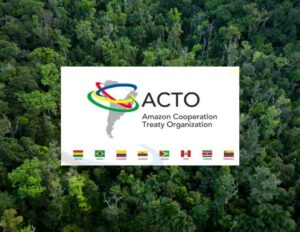

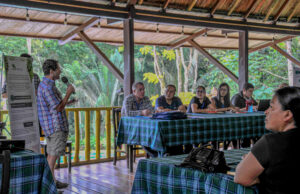
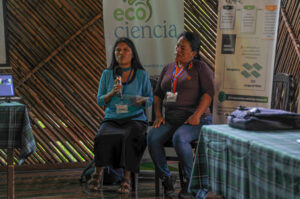
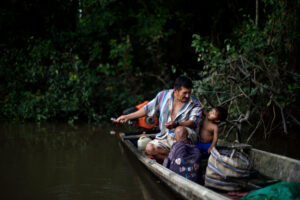
